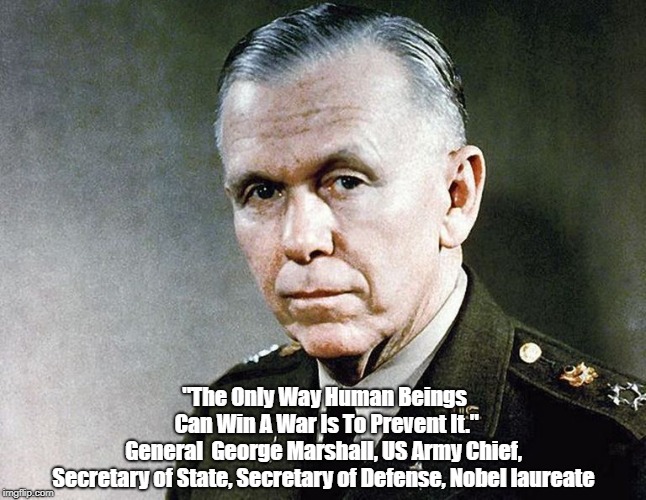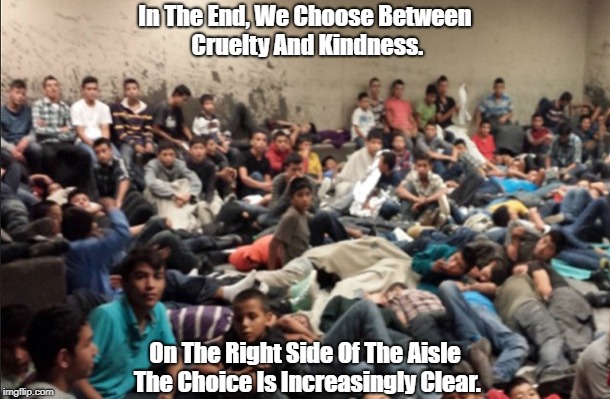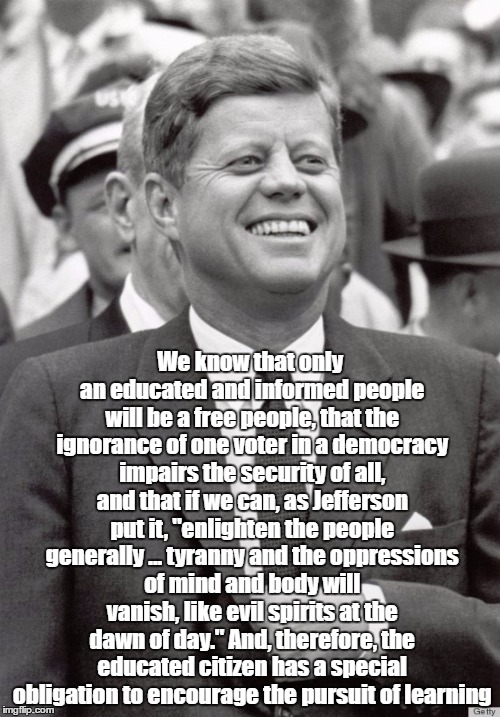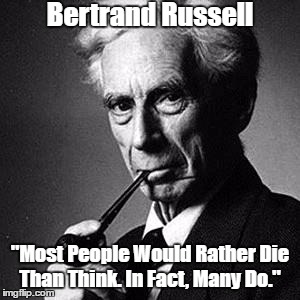“Everybody should be quiet near a little stream and listen,” the great children’s book author Ruth Krauss — a philosopher, really — wrote in
her last and loveliest collaboration with the young Maurice Sendak in 1960. At the time of her first collaboration with Sendak twelve years earlier, just after the word “workaholic” was coined, the German philosopher Josef Pieper was composing
Leisure, the Basis of Culture — his timeless and increasingly timely manifesto for reclaiming our human dignity in a culture of busyness.
“Leisure,” Pieper wrote,
“is not the same as the absence of activity… or even as an inner quiet. It is rather like the stillness in the conversation of lovers, which is fed by their oneness.”
A generation earlier, with a seer’s capacity to peer past the horizon of the present condition and anticipate a sweeping cultural current before it has flooded in, and with a sage’s ability to provide the psychic buoy for surviving the current’s perilous rapids,
Bertrand Russell (May 18, 1872–February 2, 1970) addressed the looming cult of workaholism in a prescient 1932 essay titled
In Praise of Idleness (
public library).
Russell writes:

A great deal of harm is being done in the modern world by belief in the virtuousness of work, and that the road to happiness and prosperity lies in an organized diminution of work.
With his characteristic wisdom punctuated by wry wit, he examines what work actually means:

Work is of two kinds: first, altering the position of matter at or near the earth’s surface relatively to other such matter; second, telling other people to do so. The first kind is unpleasant and ill paid; the second is pleasant and highly paid. The second kind is capable of indefinite extension: there are not only those who give orders, but those who give advice as to what orders should be given. Usually two opposite kinds of advice are given simultaneously by two organized bodies of men; this is called politics. The skill required for this kind of work is not knowledge of the subjects as to which advice is given, but knowledge of the art of persuasive speaking and writing, i.e., of advertising.
Russell points to landowners as a historical example of a class whose idleness was only made possible by the toil of others. For the vast majority of our species’ history, up until the Industrial Revolution, the average person spent nearly every waking hour working hard to earn the basic necessities of survival. Any marginal surplus, he notes, was swiftly appropriated by those in power — the warriors, the monarchs, the priests. Since the Industrial Revolution, other power systems — from big business to dictatorships — have simply supplanted the warriors, monarchs, and priests. Russell considers how the exploitive legacy of pre-industrial society has corrupted the modern social fabric and warped our value system:

A system which lasted so long and ended so recently has naturally left a profound impress upon men’s thoughts and opinions. Much that we take for granted about the desirability of work is derived from this system, and, being pre-industrial, is not adapted to the modern world. Modern technique has made it possible for leisure, within limits, to be not the prerogative of small privileged classes, but a right evenly distributed throughout the community. The morality of work is the morality of slaves, and the modern world has no need of slavery.
Writing nearly a century after Kierkegaard
extolled the existential boon of idleness, Russell considers how this manipulated mentality has hypnotized us into worshiping work as virtue and scorning leisure as laziness, as weakness, as folly, rather than recognizing it as the raw material of social justice and the locus of our power:

The conception of duty, speaking historically, has been a means used by the holders of power to induce others to live for the interests of their masters rather than for their own. Of course the holders of power conceal this fact from themselves by managing to believe that their interests are identical with the larger interests of humanity. Sometimes this is true; Athenian slave owners, for instance, employed part of their leisure in making a permanent contribution to civilization which would have been impossible under a just economic system. Leisure is essential to civilization, and in former times leisure for the few was only rendered possible by the labors of the many. But their labors were valuable, not because work is good, but because leisure is good. And with modern technique it would be possible to distribute leisure justly without injury to civilization.

Russell notes that WWI — which was dubbed “the war to end all wars” by a world willfully blind to the fact that violence begets more violence, unwitting that this world war would pave the way for the next — furthered our civilization conflation of duty with work and work with virtue, lulling us into the modern trance of busyness. More than half a century before Annie Dillard observed that
“how we spend our days is, of course, how we spend our lives,” Russell traces the ledger of our existential spending back to war’s false promise of freedom:

The war showed conclusively that, by the scientific organization of production, it is possible to keep modern populations in fair comfort on a small part of the working capacity of the modern world. If, at the end of the war, the scientific organization, which had been created in order to liberate men for fighting and munition work, had been preserved, and the hours of work had been cut down to four, all would have been well. Instead of that the old chaos was restored, those whose work was demanded were made to work long hours, and the rest were left to starve as unemployed. Why? Because work is a duty, and a man should not receive wages in proportion to what he has produced, but in proportion to his virtue as exemplified by his industry.
Pointing out that this equivalence originates in the same morality — or, rather, immorality — that produced the slave state, he exposes the core cultural falsehood it has effected, which stands as a monumental obstruction to equality and social justice in contemporary society:

The idea that the poor should have leisure has always been shocking to the rich.
Born in an era when urban workingmen had just acquired the right to vote in Great Britain, Russell draws on his own childhood for a stark illustration of this belief and its far-reaching tentacles of socioeconomic oppression:

I remember hearing an old Duchess say: “What do the poor want with holidays? They ought to work.” People nowadays are less frank, but the sentiment persists, and is the source of much of our economic confusion.
That sentiment, Russell reminds us again and again, is ahistorical. Advances in science, technology, and the very mechanics of society have made it no longer necessary for the average person to endure fifteen-hour workdays in order to obtain basic sustenance, as adults — and often children — had to in the early nineteenth century. But while the allocation of our time in relation to need has changed immensely, our attitudes about how that time is spent hardly have. He writes:

Every human being, of necessity, consumes, in the course of his life, a certain amount of the produce of human labor.
[…]
The wise use of leisure, it must be conceded, is a product of civilization and education. A man who has worked long hours all his life will be bored if he becomes suddenly idle. But without a considerable amount of leisure a man is cut off from many of the best things. There is no longer any reason why the bulk of the population should suffer this deprivation; only a foolish asceticism, usually vicarious, makes us continue to insist on work in excessive quantities now that the need no longer exists.

But while reinstating the dignity of leisure — or what Russell calls idleness — is a necessary condition for recalibrating our life-satisfaction to more adequately reflect the contemporary realities of work and need, it is not a sufficient one. Exacerbating our already warped relationship with work is the muddling of needs and wants at the heart of capitalist materialism — something Russell would address nearly two decades later in his Nobel Prize acceptance speech, listing acquisitiveness as the first of
the four desires driving human behavior. He considers the radical shift that would take place if we were to stop regarding the virtue of work as an end in itself and begin seeing it as a means to a state of being in which work is no longer needed, reinstating leisure and comfort — that is, a contented sense of enoughness — as the proper existential end:

What will happen when the point has been reached where everybody could be comfortable without working long hours?
In the West, we have various ways of dealing with this problem. We have no attempt at economic justice, so that a large proportion of the total produce goes to a small minority of the population, many of whom do no work at all. Owing to the absence of any central control over production, we produce hosts of things that are not wanted. We keep a large percentage of the working population idle, because we can dispense with their labor by making the others overwork. When all these methods prove inadequate, we have a war; we cause a number of people to manufacture high explosives, and a number of others to explode them, as if we were children who had just discovered fireworks. By a combination of all these devices we manage, though with difficulty, to keep alive the notion that a great deal of severe manual work must be the lot of the average man.
Our society, Russell argues, is driven by “continually fresh schemes, by which present leisure is to be sacrificed to future productivity.” He challenges the inanity of this proposition:

The fact is that moving matter about, while a certain amount of it is necessary to our existence, is emphatically not one of the ends of human life. If it were, we should have to consider every navvy superior to Shakespeare. We have been misled in this matter by two causes. One is the necessity of keeping the poor contented, which has led the rich, for thousands of years, to preach the dignity of labor, while taking care themselves to remain undignified in this respect. The other is the new pleasure in mechanism, which makes us delight in the astonishingly clever changes that we can produce on the earth’s surface. Neither of these motives makes any great appeal to the actual worker. If you ask him what he thinks the best part of his life, he is not likely to say: “I enjoy manual work because it makes me feel that I am fulfilling man’s noblest task, and because I like to think how much man can transform his planet. It is true that my body demands periods of rest, which I have to fill in as best I may, but I am never so happy as when the morning comes and I can return to the toil from which my contentment springs.” I have never heard workingmen say this sort of thing. They consider work, as it should be considered, a necessary means to a livelihood, and it is from their leisure hours that they derive whatever happiness they may enjoy.

Decades before Diane Ackerman made her exquisite case for
the evolutionary and existential value of play, Russell considers how the cult of productivity has demolished one of life’s pillars of satisfaction. Noting that modern people — true of the moderns of 1932, even truer of today’s — enjoy a little leisure but wouldn’t know what to do with themselves if they had to work only four hours a day, he observes:

In so far as this is true in the modern world, it is a condemnation of our civilization; it would not have been true at any earlier period. There was formerly a capacity for lightheartedness and play which has been to some extent inhibited by the cult of efficiency. The modern man thinks that everything ought to be done for the sake of something else, and never for its own sake.
The seedbed of this soul-shriveling belief is the notion — a driving force of consumerism — that the only worthwhile activities are those that bring material profit. A formidable logician, Russell exposes the self-unraveling nature of this argument:

Broadly speaking, it is held that getting money is good and spending money is bad. Seeing that they are two sides of one transaction, this is absurd; one might as well maintain that keys are good, but keyholes are bad. Whatever merit there may be in the production of goods must be entirely derivative from the advantage to be obtained by consuming them. The individual, in our society, works for profit; but the social purpose of his work lies in the consumption of what he produces. It is this divorce between the individual and the social purpose of production that makes it so difficult for men to think clearly in a world in which profit-making is the incentive to industry. We think too much of production, and too little of consumption. One result is that we attach too little importance to enjoyment and simple happiness, and that we do not judge production by the pleasure that it gives to the consumer.
Another result, Russell argues, is a kind of split between positive idleness, which ought to be the nourishing end of work, and negative idleness, which ends up being the effect of work under the spell of consumerism and its consequent socioeconomic inequality. He writes:

The pleasures of urban populations have become mainly passive: seeing cinemas, watching football matches, listening to the radio, and so on. This results from the fact that their active energies are fully taken up with work; if they had more leisure, they would again enjoy pleasures in which they took an active part.
With an eye to our civilization’s triumphs and failures of self-actualization, Russell points out that, historically, there has been a small leisure class enjoying a great many privileges without a basis in social justice, profiting on the backs of a large working class toiling for survival. While this rendered the oppressive leisure class morally condemnable, it resulted in the vast majority of art and science — “the whole of what we call civilization.” He writes:

Without the leisure class, mankind would never have emerged from barbarism.
The method of a hereditary leisure class without duties was, however, extraordinarily wasteful. None of the members of the class had been taught to be industrious, and the class as a whole was not exceptionally intelligent. The class might produce one Darwin, but against him had to be set tens of thousands of country gentlemen who never thought of anything more intelligent than fox-hunting and punishing poachers.
Russell’s most compelling point is the most counterintuitive — the idea that reclaiming leisure is not a reinforcement of elitism but the antidote to elitism itself and a form of resistance to oppression, for it would require dismantling the power structures of modern society and undoing the spell they have cast on us to keep the poor poor and the rich rich. To correctly calibrate modern life around a sense of enough — that is, around meeting the need for comfort rather than satisfying the endless want for consumerist acquisitiveness — would be to lay the groundwork for social justice. In such a society, Russell argues, no one would have to work more than four hours out of twenty-four — a proposition even more countercultural today than it was in his era. He paints the landscape of possibility:

In a world where no one is compelled to work more than four hours a day, every person possessed of scientific curiosity will be able to indulge it, and every painter will be able to paint without starving, however excellent his pictures may be. Young writers will not be obliged to draw attention to themselves by sensational potboilers, with a view to acquiring the economic independence needed for monumental works, for which, when the time at last comes, they will have lost the taste and the capacity.
[…]
Above all, there will be happiness and joy of life, instead of frayed nerves, weariness, and dyspepsia. The work exacted will be enough to make leisure delightful, but not enough to produce exhaustion. Since men will not be tired in their spare time, they will not demand only such amusements as are passive and vapid. At least 1 per cent will probably devote the time not spent in professional work to pursuits of some public importance, and, since they will not depend upon these pursuits for their livelihood, their originality will be unhampered, and there will be no need to conform to the standards set by elderly pundits. But it is not only in these exceptional cases that the advantages of leisure will appear. Ordinary men and women, having the opportunity of a happy life, will become more kindly and less persecuting and less inclined to view others with suspicion. The taste for war will die out, partly for this reason, and partly because it will involve long and severe work for all. Good nature is, of all moral qualities, the one that the world needs most, and good nature is the result of ease and security, not of a life of arduous struggle. Modern methods of production have given us the possibility of ease and security for all; we have chosen, instead, to have overwork for some and starvation for the others. Hitherto we have continued to be as energetic as we were before there were machines; in this we have been foolish, but there is no reason to go on being foolish for ever.






















 A great deal of harm is being done in the modern world by belief in the virtuousness of work, and that the road to happiness and prosperity lies in an organized diminution of work.
A great deal of harm is being done in the modern world by belief in the virtuousness of work, and that the road to happiness and prosperity lies in an organized diminution of work.


